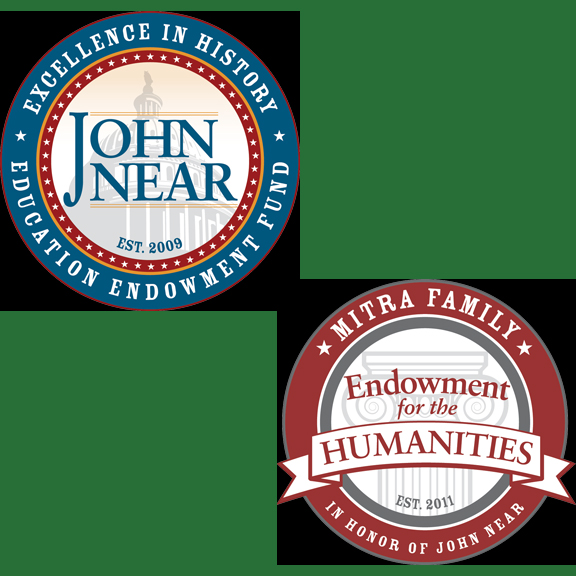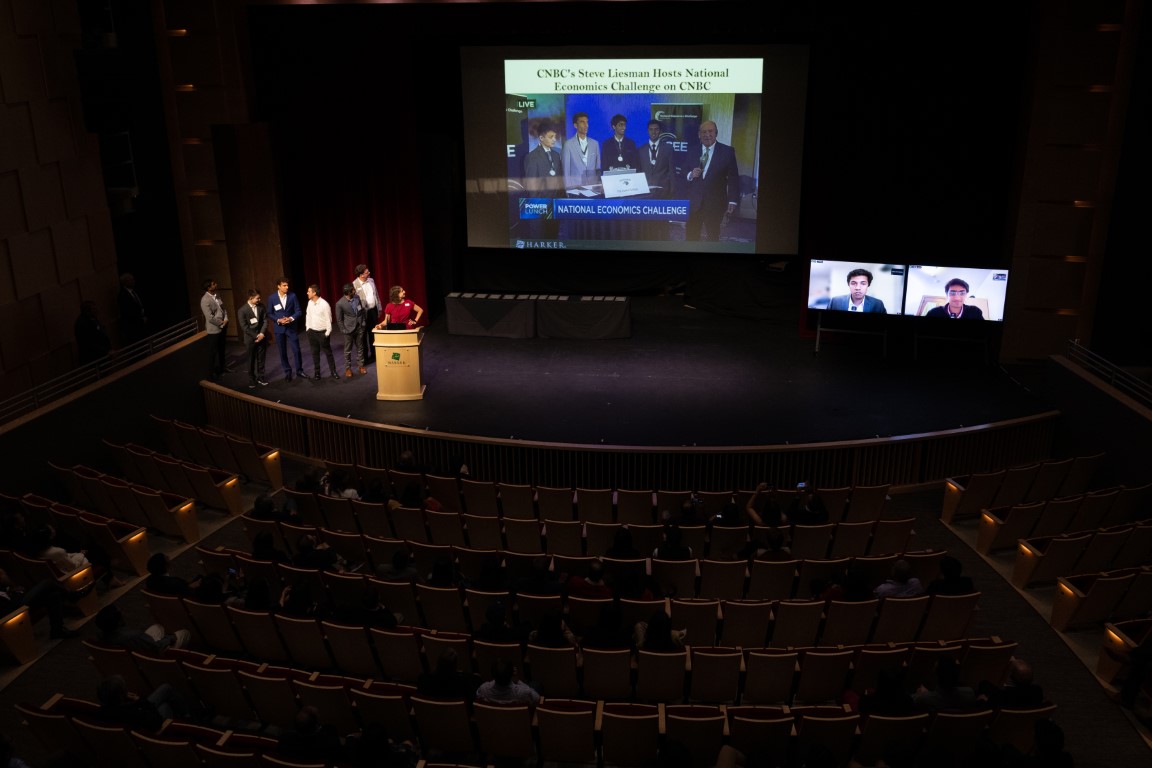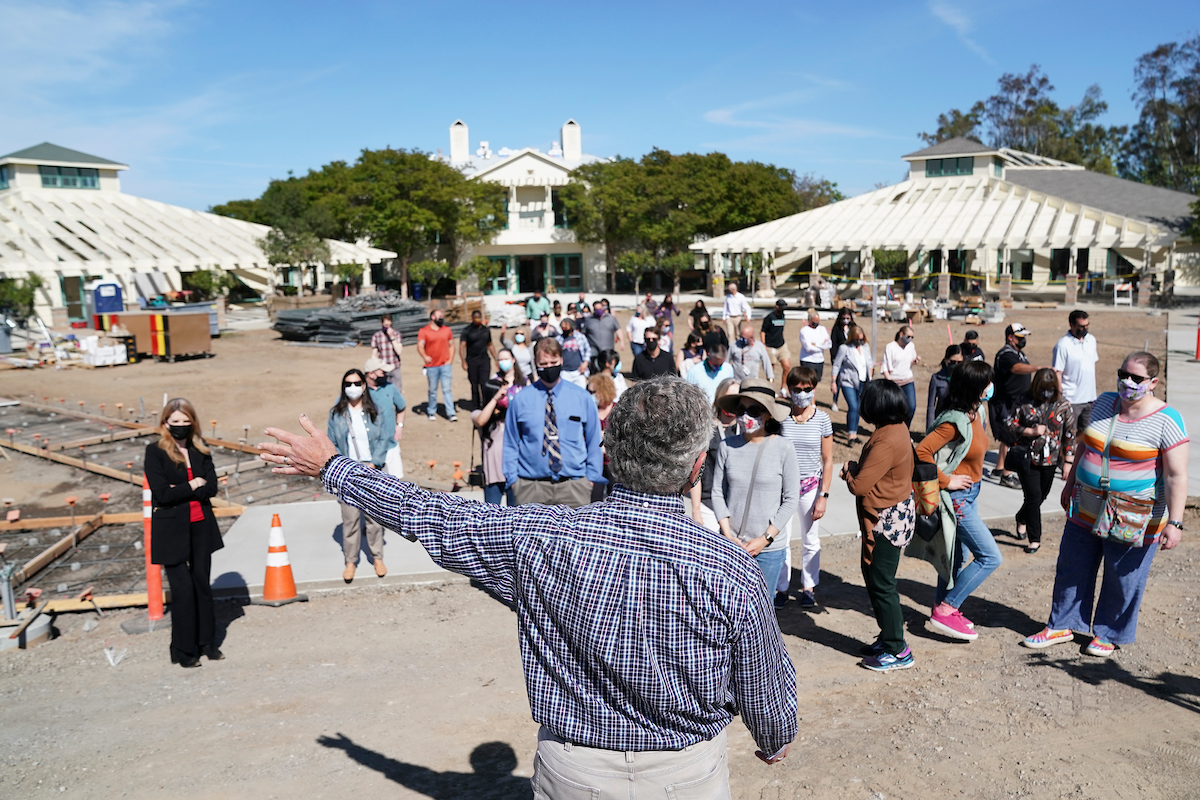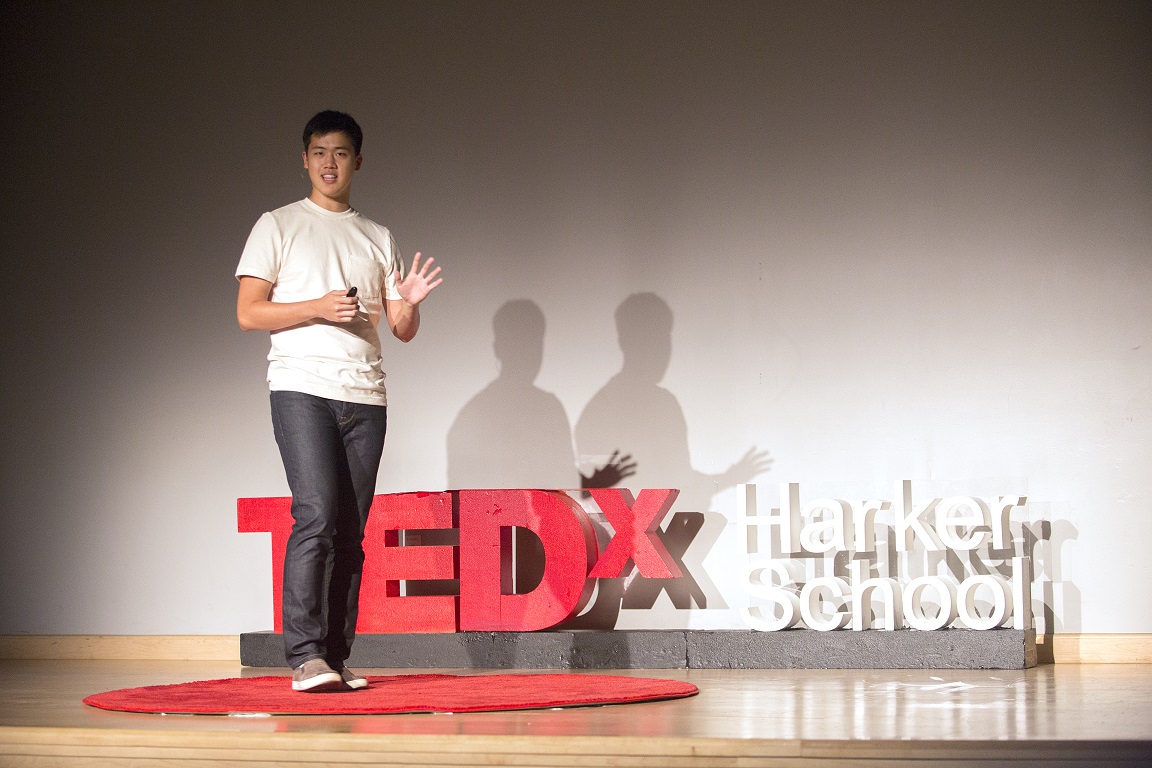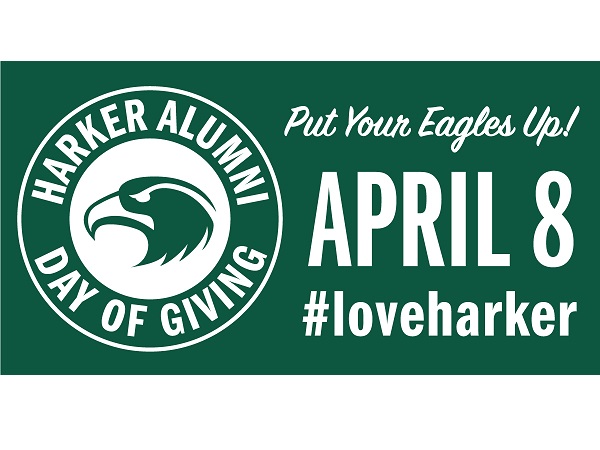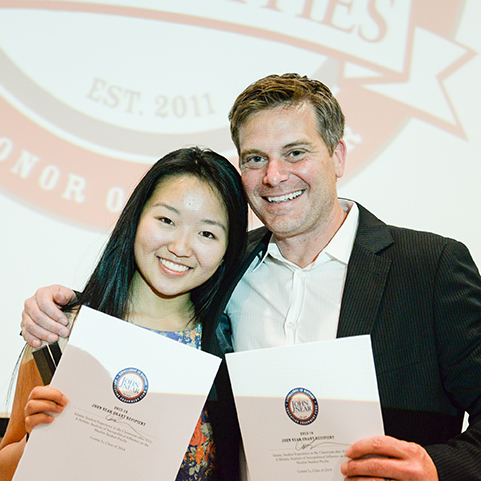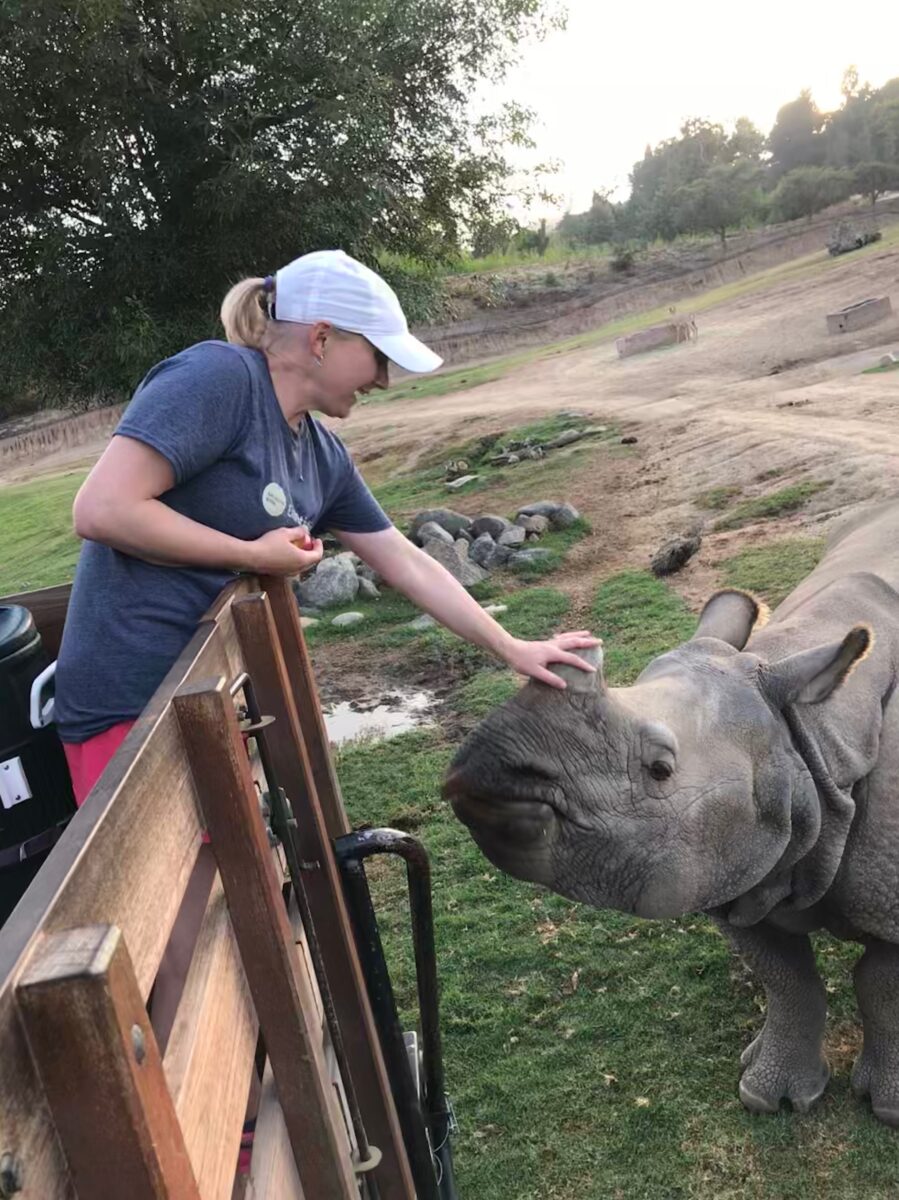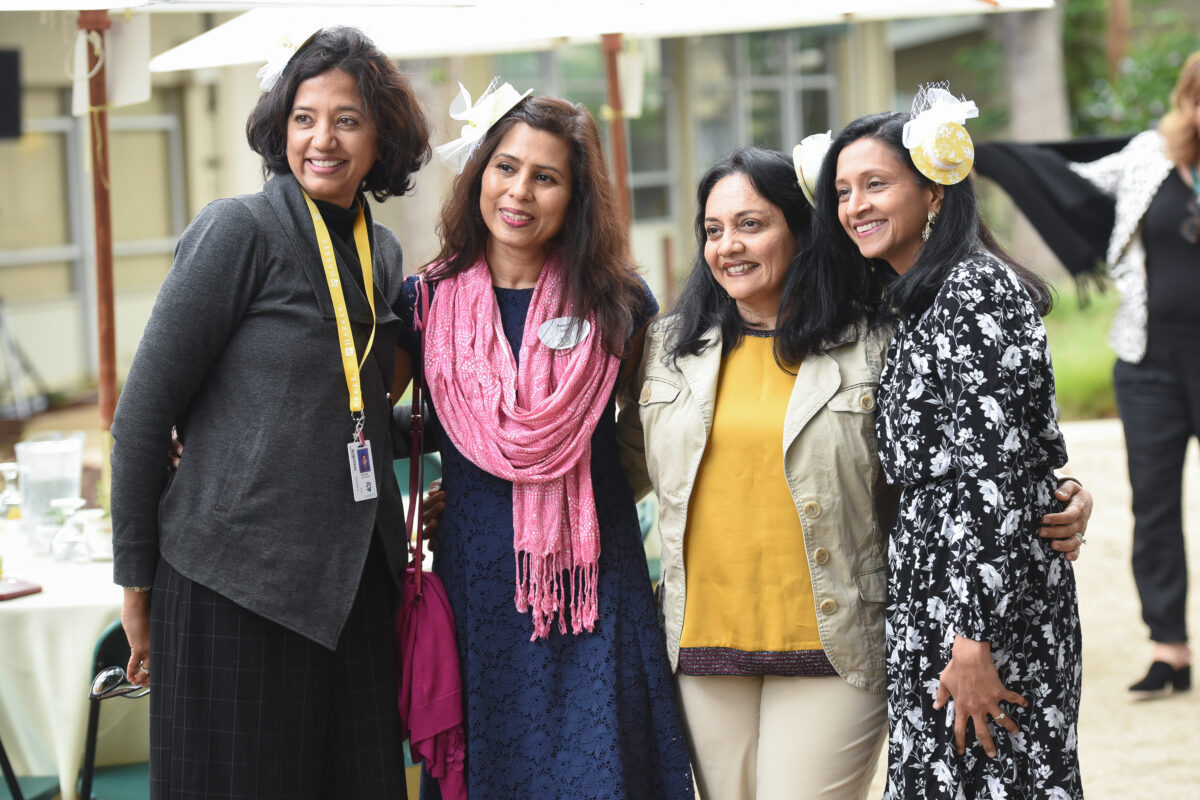Last week, the scholars of this year’s John Near & Mitra Family Scholar Grant Program conducted salons via Zoom discussing the results of the several months’ worth of research they had carried out in the topics of their choice.
advancement
Board of Fellows kickoff highlights achievements, launches new initiatives
Harker’s Board of Fellows kicked off their year tonight by hosting a special Head of School Gathering with Brian Yager, head of school, and invited members of Harker’s community of entrepreneurs and venture investment professionals, to attend.
Neil Mehta ’02 announces new scholarship endowment
At Wednesday’s Leadership Donor Celebration, Neil Mehta ’02 announced the establishment of The Mehta Endowment in Support of Scholarships and Entrepreneurship.
Near-Mitra scholars present research at virtual salons
Late last month, this year’s Near-Mitra scholars held virtual salons, which consisted of a presentation summarizing each scholar’s research followed by a question-and-answer session
MS teachers explore site of future campus
Last Friday, middle school faculty were given an opportunity to tour the new middle school campus, which is being built at the former site of the preschool campus.
DoorDash co-founder Andy Fang ’10 gifts $10 million
DoorDash co-founder Andy Fang ’10 has gifted $10 million to The Harker School to establish The Alumni Scholarship Endowment Fund, which will support Harker’s commitment to diversity at the school.
Alumni Day of Giving set for April 8
This year’s Alumni Day of Giving campaign is set to take place on Thurs., April 8. This is a one-day effort that will take place online once again in partnership with GiveCampus.
Scholarly Endeavors: Near/Mitra scholars celebrate 10 years of academically rigorous, independent research
Teachers bring new methodologies, in-depth studies and sunshine to classrooms through Vegesna grants
Each year, the Raju and Bala Vegesna Foundation’s Teacher Excellence Program at Harker launches a group of teachers on voyages of discovery.
